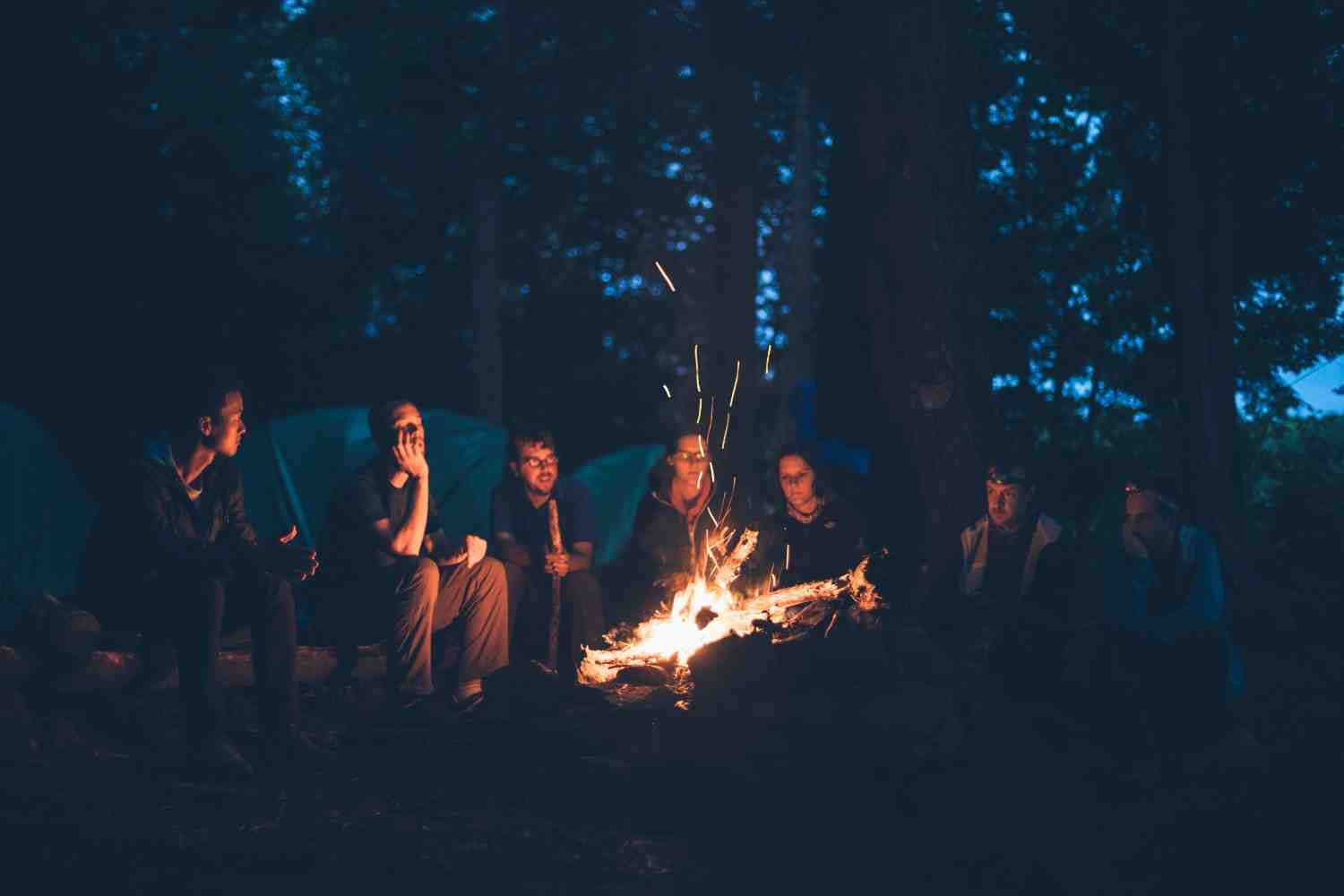Friends Camping: A Fun, Memorable, and Surprisingly Rewarding Outdoor Experience
There’s something timeless about gathering your friends, packing your gear, and heading off into the woods—or beach, or mountains—for a camping trip. Friends camping is more than just sleeping in tents and cooking over a fire. It’s about bonding over shared adventures, escaping routine, and creating stories that live long after the last marshmallow is toasted.
Whether you’re planning a weekend getaway or a full-blown backcountry expedition, camping with friends can be both magical and chaotic. Done right, it’s unforgettable—in the best way. Done wrong, it can test even the strongest friendships. So, here’s your expert guide to making the most of your camping trip with friends.
Why Camping with Friends Just Hits Different
Unlike solo or family camping, a group of friends brings a special energy to the outdoors. Here’s why:
- Shared Tasks: Cooking, pitching tents, and gathering firewood become easier—and more fun—when you divide the work.
- Non-stop entertainment: Stories, music, laughter, and games come naturally in a group setting.
- Deeper bonds: Without phones and distractions, real conversations happen around the campfire.
- More memories: Inside jokes, spontaneous hikes, and late-night stargazing become stories you’ll tell for years.
Camping with friends is an opportunity to unplug from the digital world and reconnect with people face-to-face, in one of the most grounding settings: nature.
Group Camping vs. Solo or Family Camping
| Category | Friends Camping | Solo/Family Camping |
|---|---|---|
| Planning | Needs coordination with multiple people | Simpler, fewer preferences to manage |
| Activities | Group games, cooking, hiking together | More relaxed or child-focused |
| Gear | Shared gear (coolers, tents, stoves) | Individual setups |
| Noise level | Louder, lively | Quiet, peaceful |
Each style of camping offers its own rewards, but group camping stands out for its energy, spontaneity, and collaborative spirit.
Essential Planning Tips for a Friends Camping Trip
Camping with others requires a bit more coordination than going it alone. Here’s how to keep the vibe fun and organized:
- Choose the right group size: 4–8 people is ideal. Any more and logistics get messy.
- Pick a group-friendly location: Look for campgrounds with large group sites, water access, and hiking trails.
- Delegate responsibilities: Assign roles like meal planning, firewood, first aid, and gear checklists.
- Coordinate food: Avoid duplicates and hungry campers by organizing a group meal plan.
- Bring games: Card games, frisbee, cornhole, and even board games work great outdoors.
Use shared documents or group chats to keep everyone on the same page before the trip.
Pros of Camping with Friends
- Built-in entertainment: Someone is always down for a hike, joke, or night walk.
- Shared costs: Split gas, campsite fees, food, and gear.
- More gear options: Someone may have an extra tent, stove, or cooler to lend.
- Memories that last: The social aspect makes everything more memorable.
Cons of Camping with Friends
- Conflicting preferences: Not everyone agrees on bedtime, meals, or noise levels.
- Gear overload: Too many people can mean duplicate or forgotten gear if not coordinated.
- Limited privacy: Harder to find alone time in a group setting.
- Logistics can get complicated: Planning, packing, and travel require coordination.
Group Camping Etiquette
Respect is key when camping with friends. These simple rules keep the trip running smoothly:
- Clean up after yourself: Don’t be the one leaving trash or dirty dishes for others.
- Respect quiet hours: Even if you’re a night owl, keep noise down after dark.
- Share responsibilities: Don’t let one person do all the cooking or setup.
- Honor personal space: Let friends have time to read, nap, or wander alone if they want.
Fun Activity Ideas for Group Camping
- Campfire storytelling: Ghost stories, personal confessions, or made-up tales keep everyone engaged.
- Group hikes: Choose scenic routes and stop for photo ops or snacks.
- Cooking contests: Let each person or group handle one meal and see who wins.
- Night games: Flashlight tag, stargazing trivia, or campfire charades.
FAQs About Friends Camping
What if someone in the group is inexperienced? Pair them with a more experienced camper for setup and planning. It’s a great learning experience. How do we divide gear and food? Use a shared checklist or app. Assign items and meals to individuals or buddy pairs. What if it rains? Bring a canopy or large tarp for cover. Card games, books, and a positive attitude go a long way. Do we need to book campsites in advance? Yes, especially for group sites. Many popular areas book out weeks or months in advance.
Pro Tips from Experienced Group Campers
- Do a test pack: Have a group packing night to ensure nothing’s missed.
- Bring earplugs and sleep masks: You never know who snores or rises early.
- Set ground rules: A short chat about expectations (noise, sharing, cleanup) helps prevent drama.
- Capture the moment: Assign someone to document the trip—it’ll be gold later.
Final Thoughts
Friends camping is one of the simplest and most enriching ways to connect—with nature and with each other. The shared work, stories, and laughter forge stronger friendships and provide a rare break from everyday life.
As long as you plan ahead, communicate well, and pack a little flexibility along with your gear, you’re in for a camping trip that’s equal parts adventure and bonding. So grab your people, pick a spot, and get outside. The campfire’s waiting.
